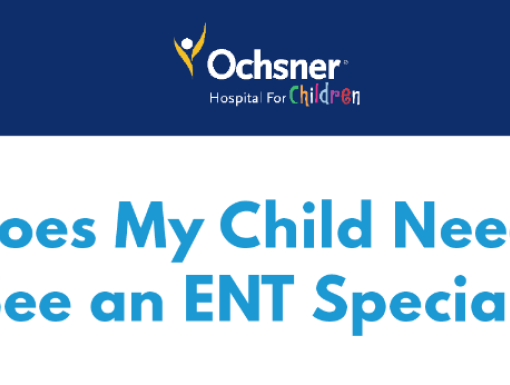
Help! My Kid is Having an Allergic Reaction to Antibiotics
As a parent, it’s important to know the signs of an allergic reaction to antibiotics and what to do should the situation arise. Here’s the 411 on what to do if your child is having an allergic reaction to an antibiotic.
What does an allergic reaction to an antibiotic look like?
The most common allergy trigger for individuals with drug allergies is penicillin. However even though penicillin is a very common antibiotic, The American College of Allergy, Asthma, and Immunology estimates approximately 10% of patients report being allergic.
The most common sign of an allergic reaction to medication is a rash or hives spread all over the body. Depending on the reaction, the reaction could be flat or bumpy and raised.
Other signs of a reaction include:
- Itching
- Skin redness
- Slight swelling
- Stuffy nose
- Sneezing
Watch out for warning signs of a severe reaction where your child could be having trouble breathing and might be going into anaphylactic shock.
Call 911 or go to the nearest emergency room if your child starts to develop:
- Any swelling of the face, lips, tongue
- Shortness of breath
- Abdominal pain and vomiting
What do you do if your child is having an allergic reaction to an antibiotic?
If you suspect your child is having an allergic reaction to an antibiotic, here’s what you should do:
- Call your pediatrician. If it’s a mild reaction, your pediatrician might recommend treating the symptoms with an over the counter antihistamine like children’s Benadryl and an oatmeal bath.
- Don’t give your child another dose of the medication without talking to your doctor. Remember – even if you stop giving your child the medicine, it will need time to work its way out of your child’s system.
What should I do after an allergic reaction?
Once your child has had an allergic reaction, constant vigilance is key to preventing another allergic reaction. Here’s a few precautions to take:
- Update your child’s medical history forms on file at school with the new allergy.
- If your child plays sports or participates in other extracurricular activities, make sure the coaches are aware of the new allergy and have your emergency contact information.
- Consider ordering a medical alert bracelet or necklace for your child to wear.
- Talk to your pediatrician about your child’s allergy and if there are other medicines related to the antibiotic that should be avoided moving forward. In some cases your pediatrician might recommend carrying a dose of injectable epinephrine in case of emergencies.
Remember – even if your child has taken an antibiotic before, it’s still possible to have a reaction. If something doesn’t look or feel right, trust your instincts and call your pediatrician.


